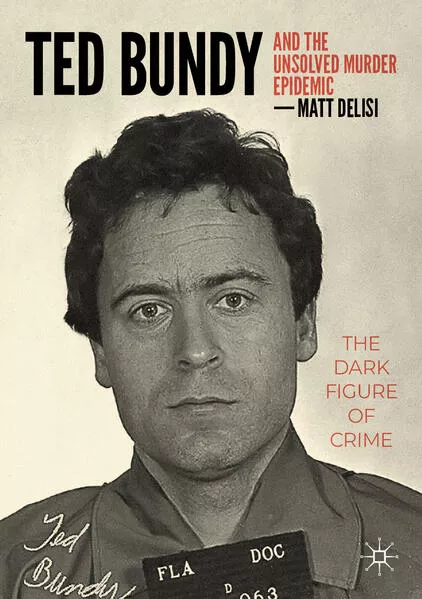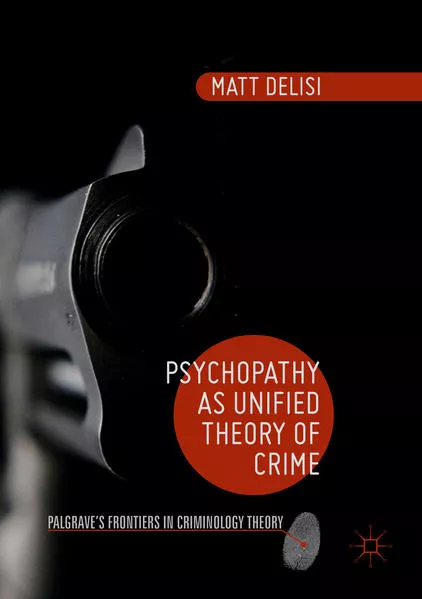
- Publikationen ca: 4
- Buchbewertungen ca: 14
- Fragen & Antworten
Matt DeLisi
Matt DeLisi is Coordinator of Criminal Justice Studies, Professor in the Department of Sociology, and Faculty Affiliate of the Center for the Study of Violence at Iowa State University, USA. DeLisi is among the most prolific criminologists in the world with over 300 scholarly publications and is co-founding member of the Biosocial Criminology Research Group. He is Editor-in-Chief of the Journal of Criminal Justice, the leading criminology journal in the world, and Fellow of the Academy of Criminal Justice Sciences.
Ted Bundy and The Unsolved Murder Epidemic
This book revisits the life and crimes of Ted Bundy. It seeks to reconcile the contradictions and controversies about his life that underscore the broader US unsolved murder problem, one that is estimated at between 250,000 to 350,000 open, unresolved, or cold cases.
Ted Bundy and The Unsolved Murder Epidemic
This book revisits the life and crimes of Ted Bundy. It seeks to reconcile the contradictions and controversies about his life that underscore the broader US unsolved murder problem, one that is estimated at between 250,000 to 350,000 open, unresolved, or cold cases.
Psychopathy as Unified Theory of Crime
This book applies the psychopathy concept toward the understanding of crime. Drawing on hundreds of studies and his own clinical, research, and practitioner experience working with the most antisocial and violent offenders, the author demonstrates that psychopathy can explain all forms of crime across the life course, and also examines the biosocial foundations of the disorder.
Psychopathy as Unified Theory of Crime
This book applies the psychopathy concept toward the understanding of crime. Drawing on hundreds of studies and his own clinical, research, and practitioner experience working with the most antisocial and violent offenders, the author demonstrates that psychopathy can explain all forms of crime across the life course, and also examines the biosocial foundations of the disorder.



